The Surprising Science Behind the Simple Act of Showering
Showering is more than just a daily routine. Sometimes you may have the luxury of taking long, soothing ones for absolute zen and on other occasions (when you’ve slept through the alarm), you just need to power through your shower on express mode. But just because its something you do every day, doesn’t mean you are not making mistakes. Here’s everything you wanted to know about the perfect shower session.
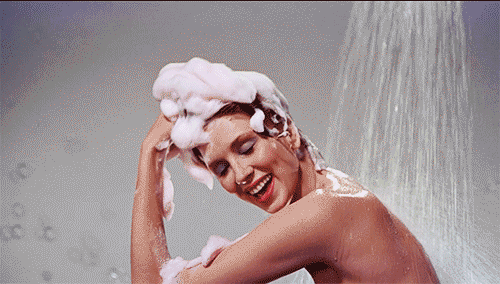
1. What’s the right water temperature?
We are not suggesting a daily polar plunge but during summer and wherever possible, keep it lukewarm or cool because hot water strips the skin of natural oils and dries out the moisture. If you are adventurous, try alternating between cold and hot water. Studies suggest that this might improve blood circulation.

2. How much time should you spend in the shower?
Though it seems like more water means more moisture, it's actually the opposite – over-showering too strips the skin of moisture, making it even drier. According to dermatologists, the ideal shower should last no longer than 10 minutes.
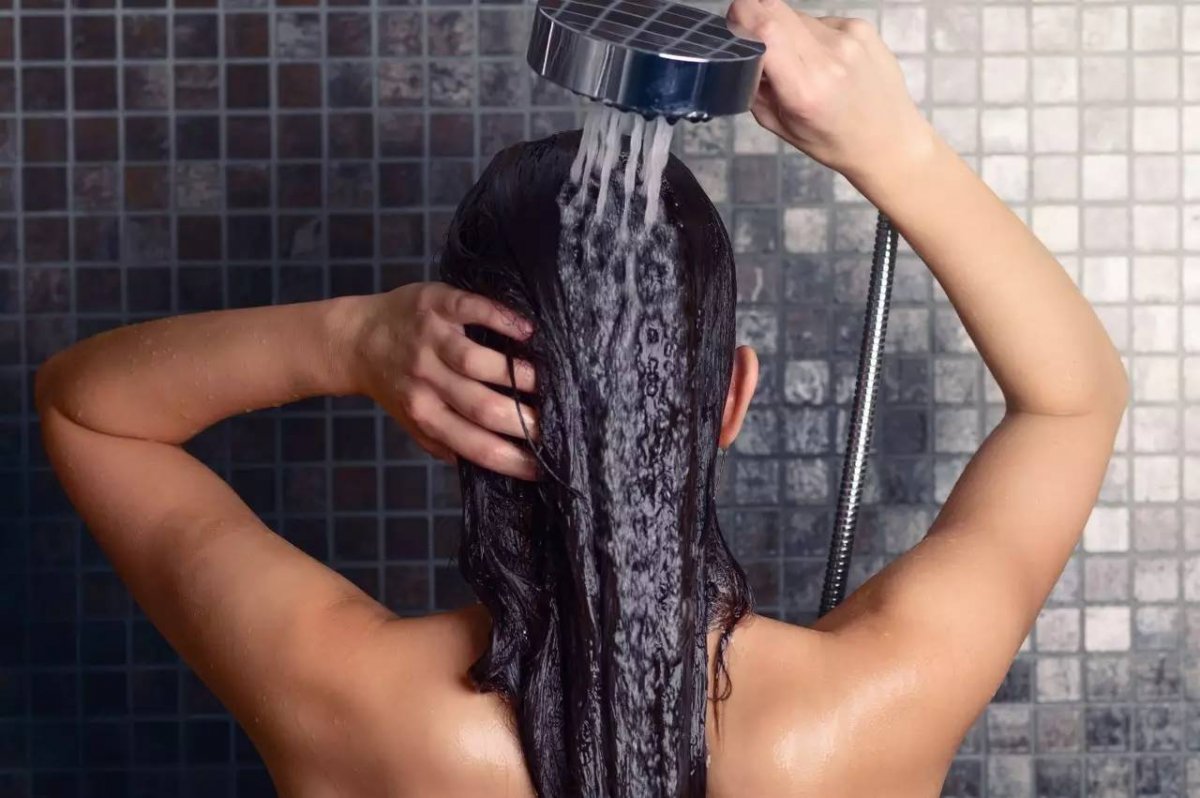
3. How often should you shower?
According to research (based on your health, not how you look or smell!) twice a week could be sufficient. Most people shower to feel fresh or get rid of body odor, but bacteriologically speaking, washing your hands and clothes may help prevent more infections.
4. What's the best time to shower?
Science reveals that if you’ve got a tough day and want to perform at your creative best, showering in the morning is the way to go. A good shower may put you in an ‘alpha’ state, where you are relaxed but alert. Your cognitive processes are relaxed, allowing amazing ideas to bubble up to the surface.

On the other hand, if you have trouble going to sleep and feel extremely awake past your bedtime, a nighttime shower may help you fall asleep. Your body temperature rises with a warm shower and falls as soon as you step out. The rapid cooling is said to be a natural sleep inducer.

5. Lather, rinse, don’t repeat
Once you have found the perfect temperature and a suitable time to shower, get the shampooing out of the way. Unless you have a super oily scalp dermatologists suggest that lathering once is sufficient. Also, remember not to scratch your scalp with your finger nails (yikes!).
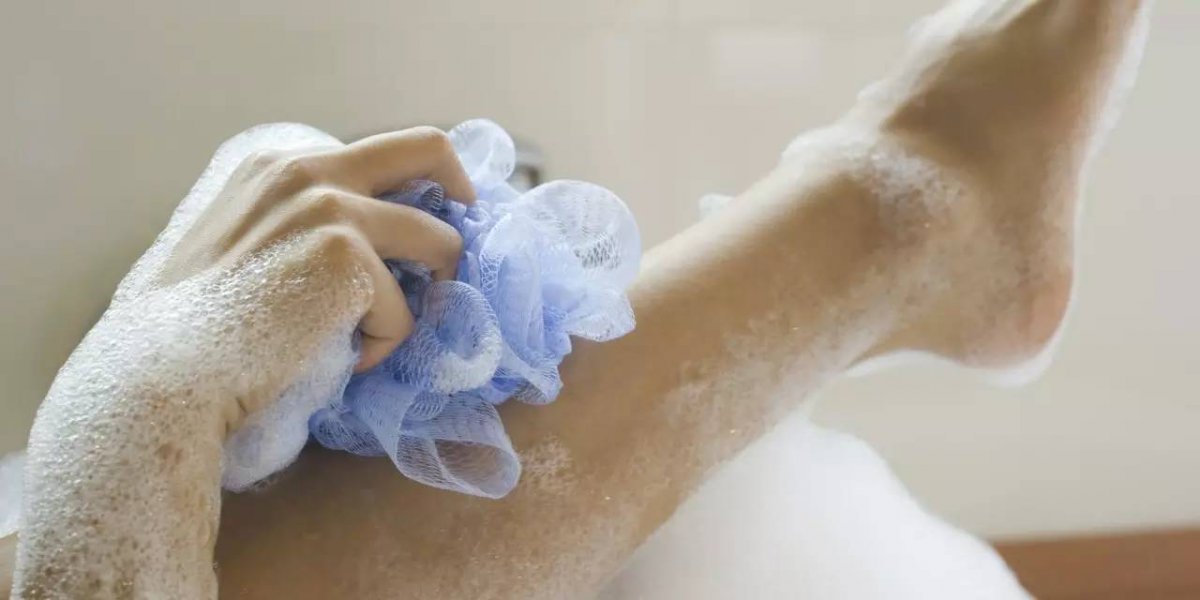
6. Loose the loofah
People tend to forget about cleaning loofahs and keep using them past their prime (about two months), making them a breeding ground for bacteria. A better option is to just use your hand or use a washcloth which is cleaned regularly.

7. Clean where it counts
For the times when you are running late, here's a little shortcut: You really only need to clean the ‘dirty’ areas, i.e. the areas with a high density of sweat glands. Soap up the pits, groin, buttocks, under the breasts, and rinse thoroughly. Leaving soapy residue, especially on your back, may clog pores and cause the dreaded 'bacne.'
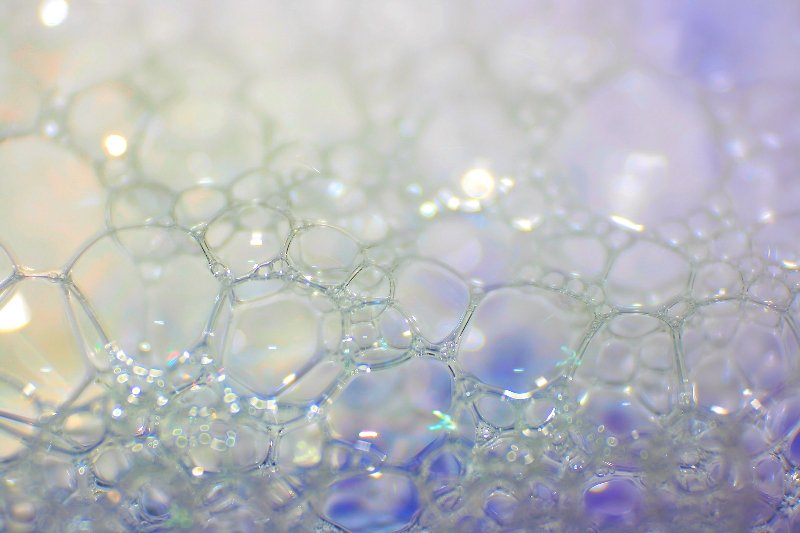
8. Watch out for excessive lather
While those bodywashes that smell like the Amazon rainforest or fields of lavender are tempting, try to keep it simple. The more bubbles or lather a cleanser has, the more it strips your skin of its natural oils. Unless you have a specific dermatological need, there is also no reason to use antibacterial washes on a daily basis.
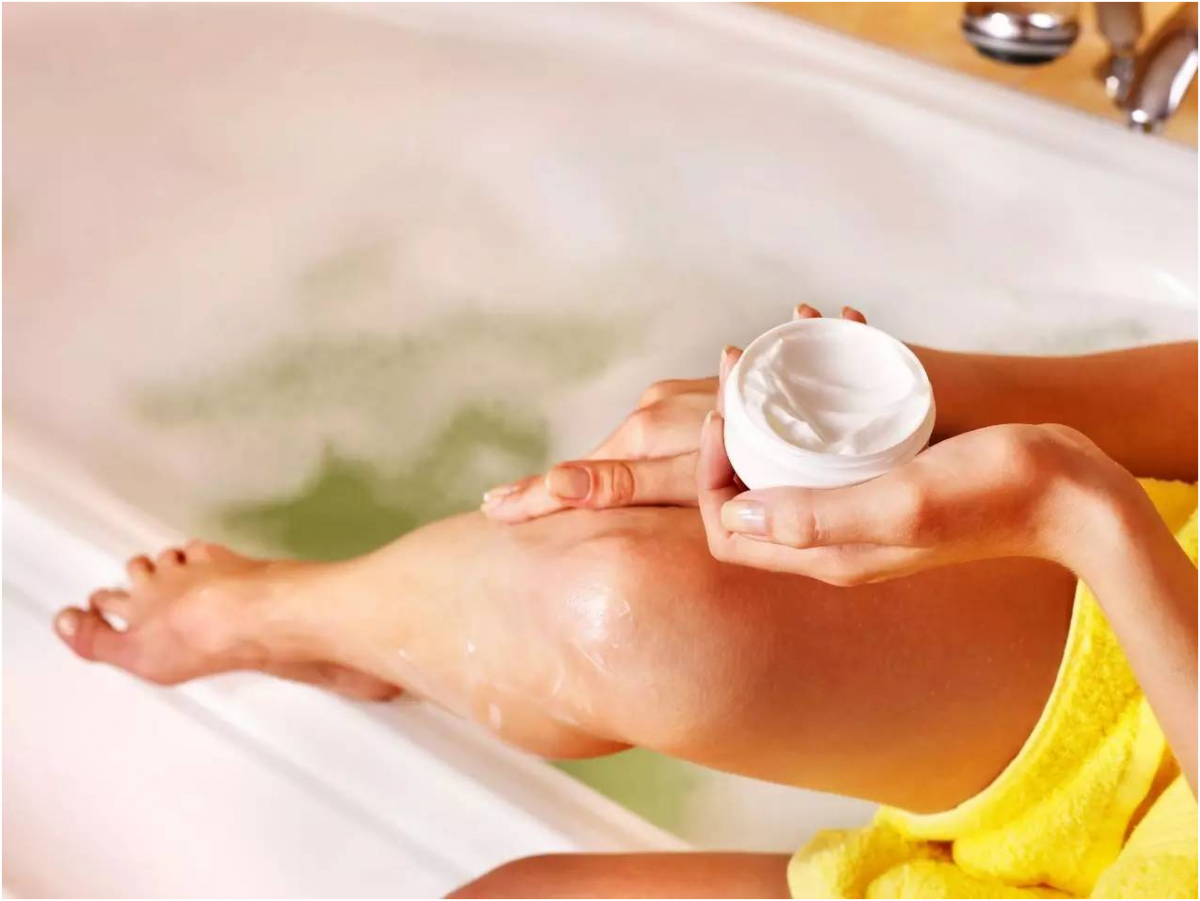
9. Add in the extras
If you’ve covered all the basics and need more alone time, add in all other steps like shaving, moisturizing with lotion, using a pumice stone on your feet, tweezing, putting on pore clearing masks etc. The warm, wet environment softens your skin, opening up the pores and allowing dead cells to slough off more easily.
Photos courtesy of Sanfine International Hospital







